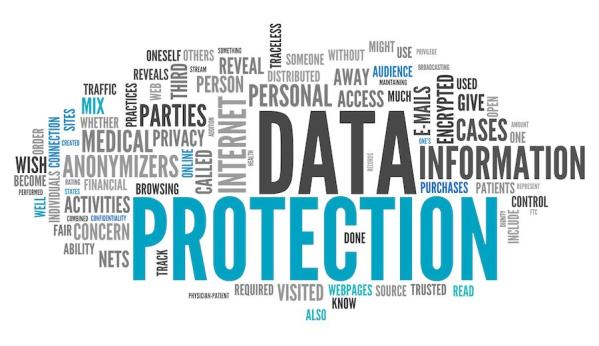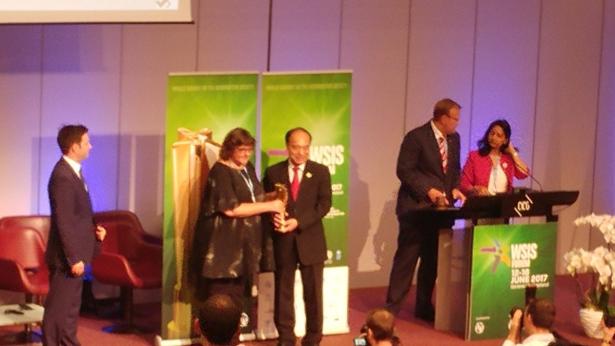The Internet Society’s Collaborative Internet Governance Project Workshop, facilitated by Larry Strickling and Fiona Asonga of the Internet Society (ISOC), evaluates different negotiation processes by exploring multiple case studies and scenarios. The purpose of the event is to help fellows from the school of internet governance to build their capacity for effective negotiation in complex, real-life situations.
Having run the event with fellows from the European School of Internet Governance (EuroSIG) and the African School of Internet Governance… Read more










